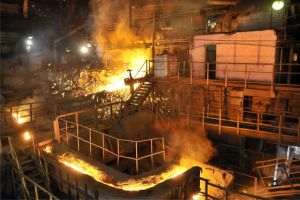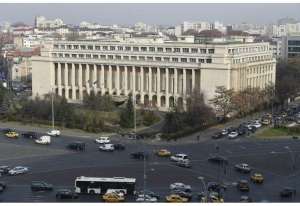A large study by an international team of researchers, mostly from Australia, shows that Antarctica is undergoing a series of unprecedented changes, with potentially catastrophic consequences at a global level. Published in the journal Nature and cited by AFP and Reuters, the analysis highlights "emerging evidence” of accelerated sea ice retreat, slowing ocean currents, melting ice caps and the decline of emblematic species such as the emperor penguin.
• Evidence of a regime change
Data collected from direct observations, ice cores and ship logs suggest that Antarctica is undergoing a regime change: the extent of sea ice has shrunk far below the natural variability known in recent centuries. In some ways, the decline is faster, nonlinear and potentially irreversible than that in the Arctic. "Antarctica is showing worrying signs in terms of its ice, ocean and ecosystems. Some of these abrupt changes will be difficult to stop and will have consequences for future generations," Nerilie Abram, a researcher at the Australian National University and lead author of the study, told AFP.
• Ripple effects: from ice shelves to oceans
The researchers highlight the interconnectedness of the phenomena: The retreat of ice shelves reduces the albedo effect, reducing the ice's ability to reflect solar radiation and accelerating global warming; The slowdown of the Antarctic Ocean Current is fueled by the melting of ice sheets, which in turn favors further ice loss - a vicious "feedback loop"; Vulnerable species, such as emperor penguins, are suffering accelerated losses due to the disappearance of seasonal ice habitats.
• Risk of irreversible collapse
The West Antarctic ice sheet is already considered at risk of irreversible collapse, a phenomenon that could continue for centuries, even if the climate stabilizes. This region contains enough ice to raise ocean levels by about six meters. Half of this mass - equivalent to three meters of sea level rise - is already threatened in the short term.
• Last call: reduce CO2 emissions
The conclusion of the researchers is firm: the only sure way to reduce the risk of sudden and irreversible changes in Antarctica is to reduce carbon dioxide emissions rapidly and deeply this decade. The goal remains to limit global warming to as close as possible to the 1.5 threshold above pre-industrial levels, as required by the Paris Agreement.
"The future of Antarctica and, implicitly, of the entire planet depends on the decisions we make now on climate," warn the study's authors.
















































